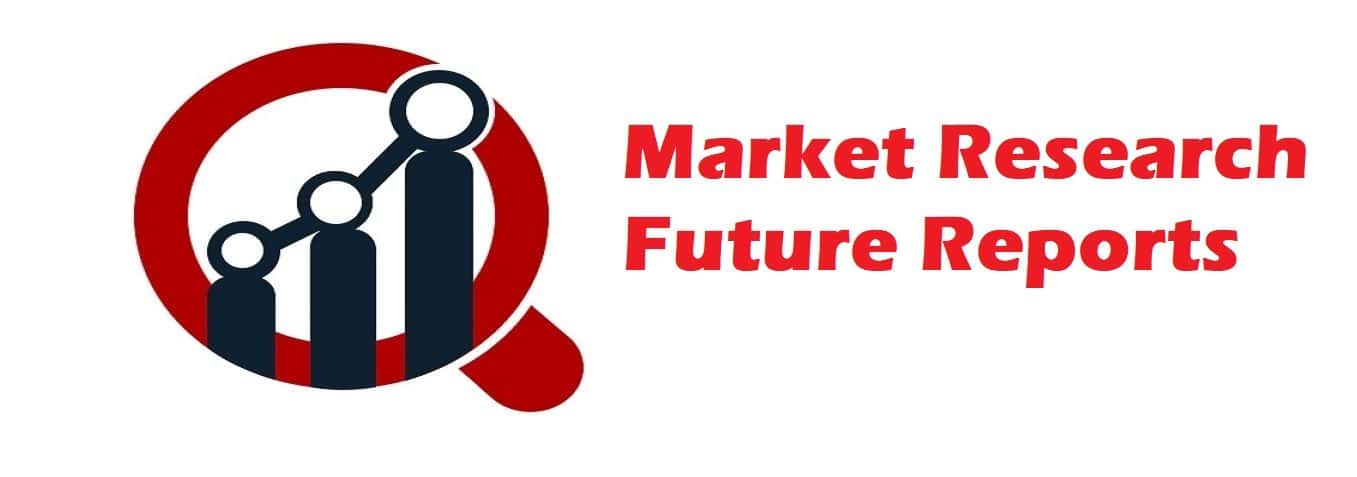Artificial Insemination Market Share, Latest Trend, Key Player Review, Business Prospect and Forecast to 2030

Artificial insemination Market
The Artificial insemination Market Share was valued at USD 1,818.29 Million in 2019 and is expected to reach USD 8.9 billion by 2030 at CAGR of 8.6% during the forecast period of 2020 to 2030
Artificial insemination involves depositing sperm into the uterus. In vitro fertilization (IVF) involves extracting the patient’s egg cells to be fertilized in a lab. The resultant embryo is then transferred to the uterus. The reimbursement of these techniques is interrelated. Artificial insemination costs hundreds of dollars, while IVF costs thousands. Most of the countries in North America and Europe have a high adoption of treatments related to fertility. The number of cycles of artificial insemination covered differs depending on the country.
The province of New Brunswick, Canada, allows individuals to claim up to 50 percent of eligible costs incurred for IVF or IUI and related drugs, up to a maximum of USD 5,000. In France, up to four cycles of ART in women up to the age of 45 are reimbursed, whereas The National Institute for Health and Care Excellence (UK) recommends support until 3 cycles. Belgium, Denmark, the Netherlands, and Slovenia are reputed for their most generous reimbursement policies in Europe, with almost full coverage for up to six cycles. IVF treatments are fully covered by Belgium, Denmark, and Slovenia states. From 2018, in vitro fertilization (IVF) and embryo transfer services and pharmaceuticals are fully financed by Estonian Health Insurance Fund (EHIF). A Policy Audit on Fertility by ESHRE and supported by Merck & Co. was published in 2017. It mentioned a wide range of treatment options are available in the Czech Republic, from Intrauterine Insemination (IUI) to surrogacy. The donor eggs and sperm and embryos are explicitly protected under Czech law, which recommends 100% coverage by mandatory health insurance for up to four IVF cycles and six IUI, for women aged 22-39 years of age. In France, IUI and IVF/ICSI are fully reimbursed for women under 43 years of age, including up to six IUIs (one IUI per menstruation cycle).
Artificial insemination Market Outlook and Analysis By Type (Intrauterine, Intracervical and Intratubal), End User (Hospitals & Clinics, Fertility Centre and Home-Based) and Region (Americas, Europe, Asia-Pacific and Rest of the World) – Forecast till 2030
Major Key Players:
MRFR recognizes the following companies as the Key Market Players are — Vitrolife AB, Genea Limited, Rinovum Women’s Health, LLC, Pride Angel, Hi-tech Solutions, Kitazato Corporation, Fujifilm Irvine Scientific, and Rocket Medical.
Segment Analysis
Global Artificial Insemination Market has been segmented based on Type and End User.
The market, based on types of artificial insemination, has been segregated into intrauterine, intracervical, and Intratubal.
On the basis of end-user, the artificial insemination market is classified into hospitals & clinics, fertility centers, and home-based.
Regional Analysis
Global Artificial Insemination Market, based on region, has been divided into the Americas, Europe, Asia-Pacific, and the Middle East and Africa. The Americas accounted for a larger share of the global artificial insemination market. The large share is majorly attributed to the presence of major manufacturers, increasing adoption of assisted reproductive technologies, technological advancements, and high disposable income. Boost in the reimbursement scenario in the European region, rising government initiatives to promote family planning, an increasing number of patients facing difficulty conceiving, an increasing number of manufacturers, improving economies, high disposable income per individual, and increased healthcare spending are driving the growth of the market in this region. The Asia Pacific region is anticipated to grow at a lucrative CAGR over the forecast period. For instance, according to a study by Inito (India), a Bengaluru-based medical technology company, 27.5 million couples suffered from infertility and were actively seeking children. Also, at least 10-15% of married couples experienced fertility issues in 2019. Currently, most private and public health insurers do not include fertility procedures and treatments under their coverage plans. A research paper in Reproductive Biology and Endocrinology in 2015 assessed the use of various fertility treatments by surveying fertility specialists in France, Germany, Italy, Spain, the UK, the US, China, and Japan. The analysis reported that ART outcomes are varied by country, with the highest percentage of women facing fertility-related issues in the US and China. The availability of a large patient pool is expected to help propel the growth rate of the region.
About Market Research Future
At Market Research Future (MRFR), we enable our customers to unravel the complexity of various industries through our Cooked Research Report (CRR), Half-Cooked Research Reports (HCRR), Raw Research Reports (3R), Continuous-Feed Research (CFR), and Market Research & Consulting Services.
MRFR team have supreme objective to provide the optimum quality market research and intelligence services to our clients. Our market research studies by products, services, technologies, applications, end users, and market players for global, regional, and country level market segments, enable our clients to see more, know more, and do more, which help to answer all their most important questions.
In order to stay updated with technology and work process of the industry, MRFR often plans & conducts meet with the industry experts and industrial visits for its research analyst members.
Contact us:
Market Research Future (part of Wantstats Research and Media Private Limited),
99 Hudson Street, 5Th Floor,
New York, New York 10013
United States of America
+1 646 845 9312
